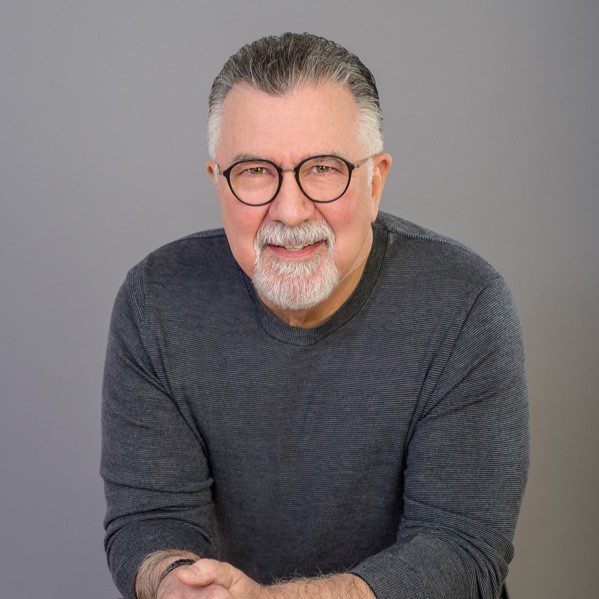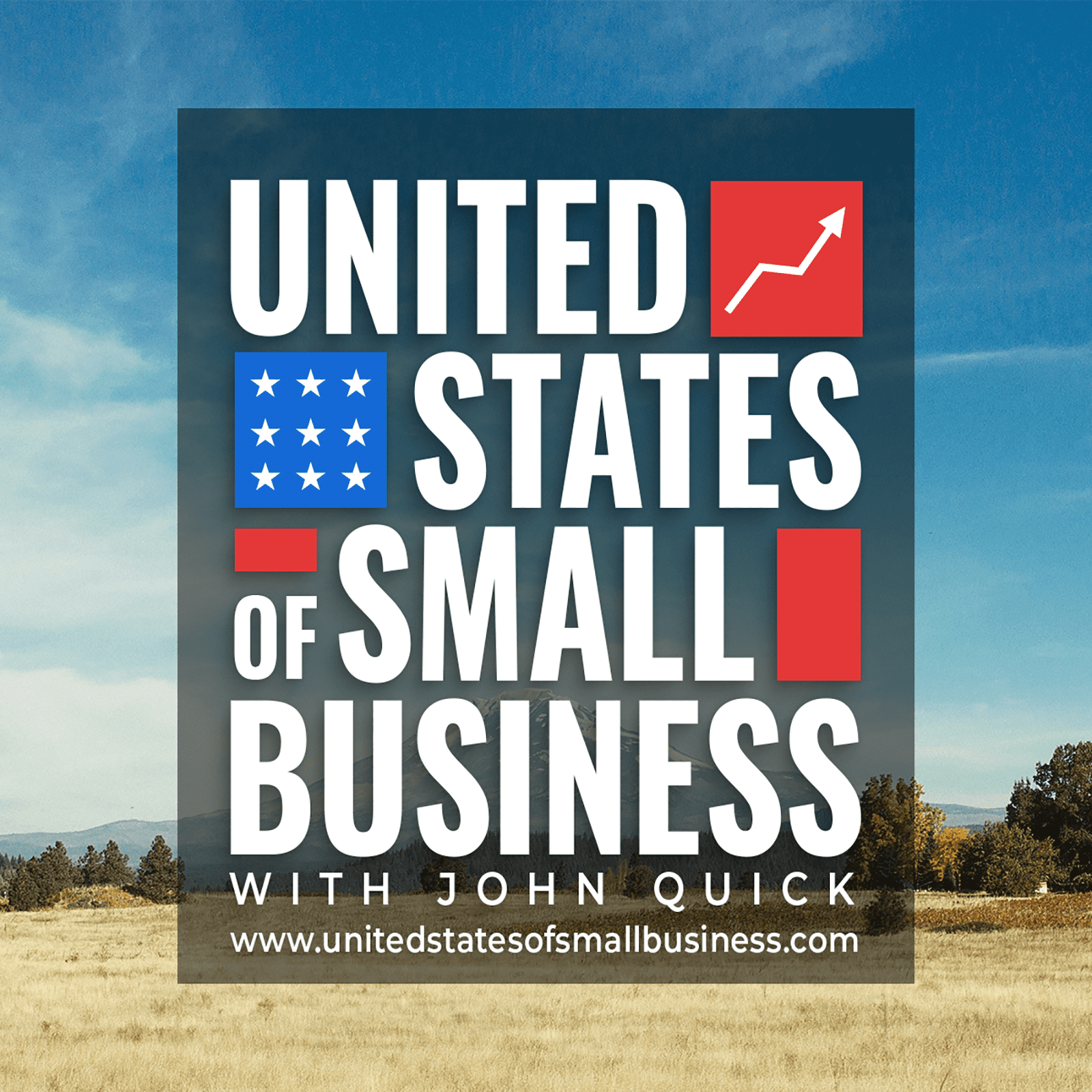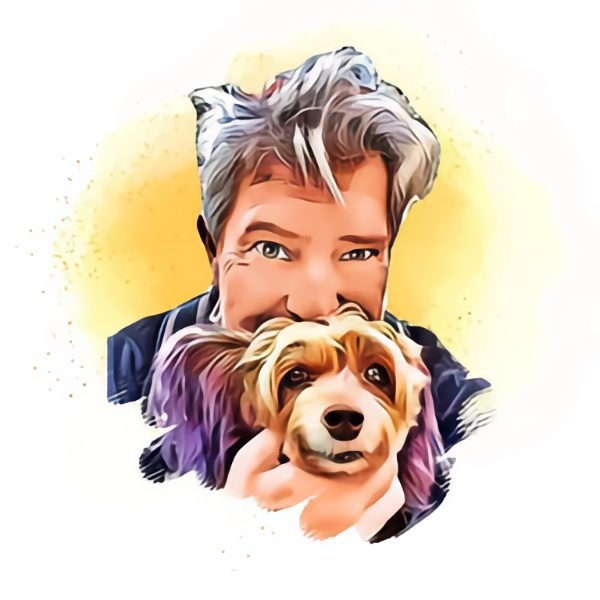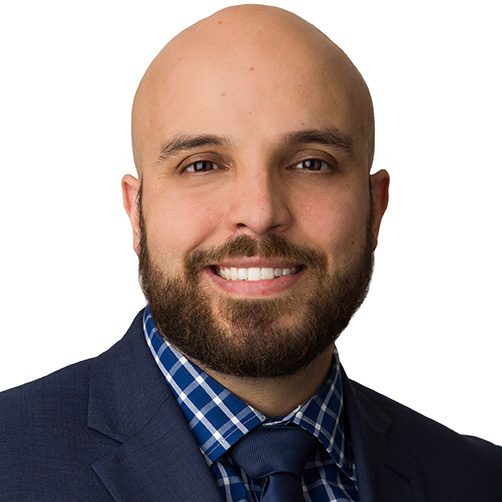Our Friend, Psychology

If you’re anything like me, you don’t believe in indecision.
In an earlier post, I wrote about self-faith and our inner genius. Consistent with what I wrote, I typically assess the situation requiring a decision, trust my senses, apply my intelligence (such as it is), and decide. If my decision turns out to have been wrong — and presuming it wasn’t fatally so — I assess the implications of my first decision and make a different one. Since my stethoscope tells me I’m still among the living, I have to conclude that approach has worked pretty well, so far.
Nevertheless, I do understand the complex, contradictory aspects of human psychology. What I don’t understand is why we pay so little attention to them, why we examine and question them so infrequently, if at all. I don’t know if there’s any necessarily ordinal sequence or priority to any of those complex, contradictory aspects. But here are a few:
We have to allow for genetic predispositions, which affect our brain chemistry and our physiological responses to situational stimuli and, so, influence our psychological responses. Hello, serotonin and dopamine. Those chemicals and/or lacks thereof can affect mood and emotional responses. We also have to allow for the extents to which our experiences and the outcomes of those experiences influence our responses to circumstances in the present. If we associate mistakes with lowered booms , we’re likely to live our lives in defensive postures on precarious psychological edges.
Factor in conditioned thoughts, beliefs, perceptions, interpretations, biases, and ideological predispositions, and we start to start to perceive the thickness of the psychological stews in which we live. Add social and cultural norms, traditions, routines, expectations, and pressures — along with whatever independent, empirical perceptions we might have of any of those things — and, voilà! Instant cognitive dissonance.
Another aspect of human psychology, emotional regulation, is related to everything that precedes it here. Our ability to regulate and manage our emotions influences (and, if left unexamined may predetermine) our psychological responses. Throw in varying degrees of goodies like extraversion, neuroticism, conscientiousness, openness, self-awareness, courage, vulnerability, agreeability, skin thickness, et al., and we have the entire scale from peaceability to volatility.
I don’t give much credence to environmental factors like weather, lighting, spatial configurations, and noise levels; although, I readily admit to hating loud noises. And I suspect if I were locked in a dungeon for any period of time, I might tend to be a tad disagreeable. At the same time — since I’m the poster boy for the fact that wisdom doesn’t necessarily come with age — I tend to discount aspects of our psychology like age and developmental stages. But I do recognize (hope) children, adolescents, adults, and the elderly likely have different cognitive abilities, coping mechanisms, and emotional regulation techniques.
Certain Uncertainties
In 1789, Benjamin Franklin wrote a letter to Jean-Baptiste Le Roy. (Jean-Baptiste and Ben used to fly kites together.) The letter read, in part, “Our new Constitution is now established, everything seems to promise it will be durable; but, in this world, nothing is certain except death and taxes.” Close but no cigar. Had Ben given that a few more moments’ thought, he surely would have realized the only thing more certain than death and taxes is uncertainty. Given the fact that Jean-Baptiste was struck by lightning while flying kites with Ben, I’ll bet he knew that.
I’ll leave you with two perspectives. The first is from the noted physicist, Richard Feynman, who said:
I think it’s much more interesting to live not knowing than to have answers which might be wrong. I have approximate answers and possible beliefs and different degrees of uncertainty about different things, but I am not absolutely sure of anything and there are many things I don’t know anything about, such as whether it means anything to ask why we’re here. I don’t have to know an answer. I don’t feel frightened not knowing things, by being lost in a mysterious universe without any purpose, which is the way it really is as far as I can tell.
The second is from Woody Allen. He wrote:
I took a test in Existentialism. I left all the answers blank and got 100.
If you can’t decide which one of them is correct, make peace with the uncertainty.
It’s the best we can do with our friend, psychology.
Originally Published on https://www.bizcatalyst360.com/category/lifecolumns/notes-to-self/


























Already a Member? Login Here.
Not Yet a Member? Join the Conversation Today!